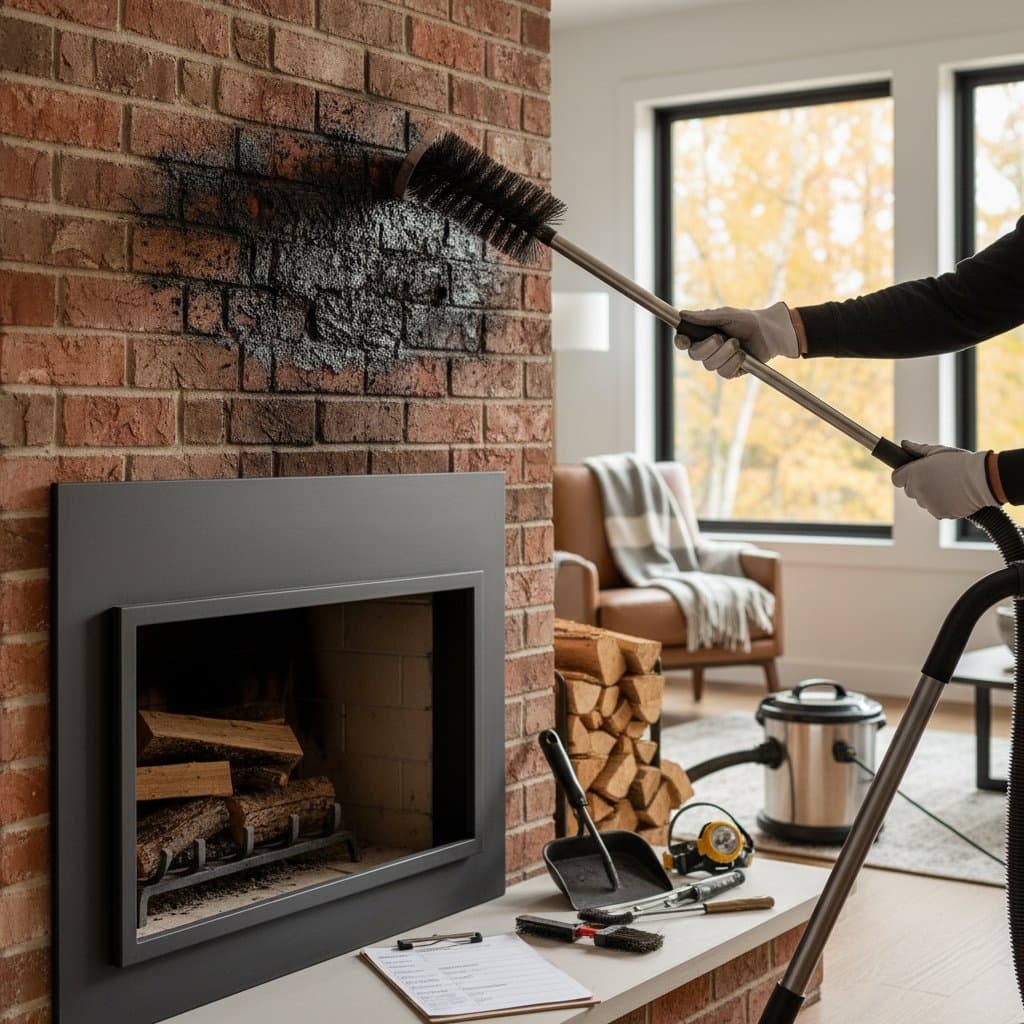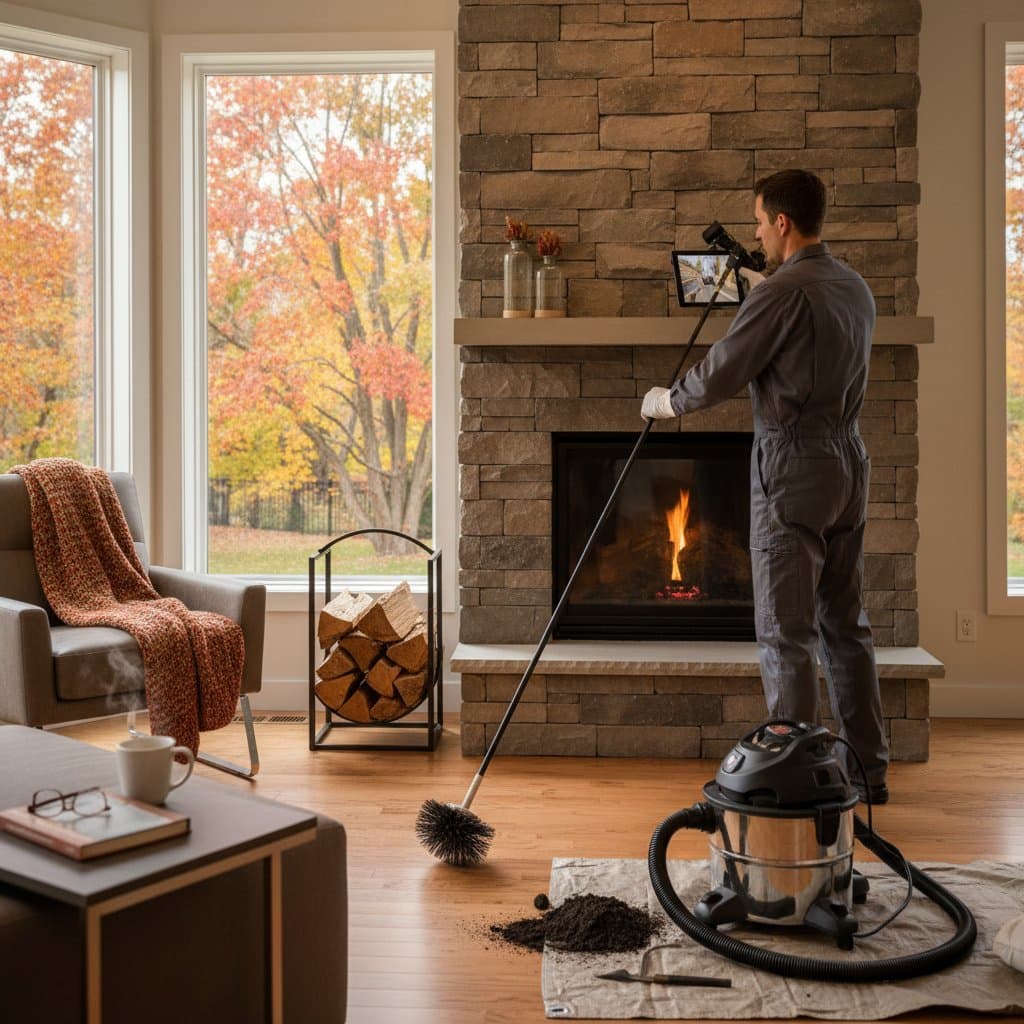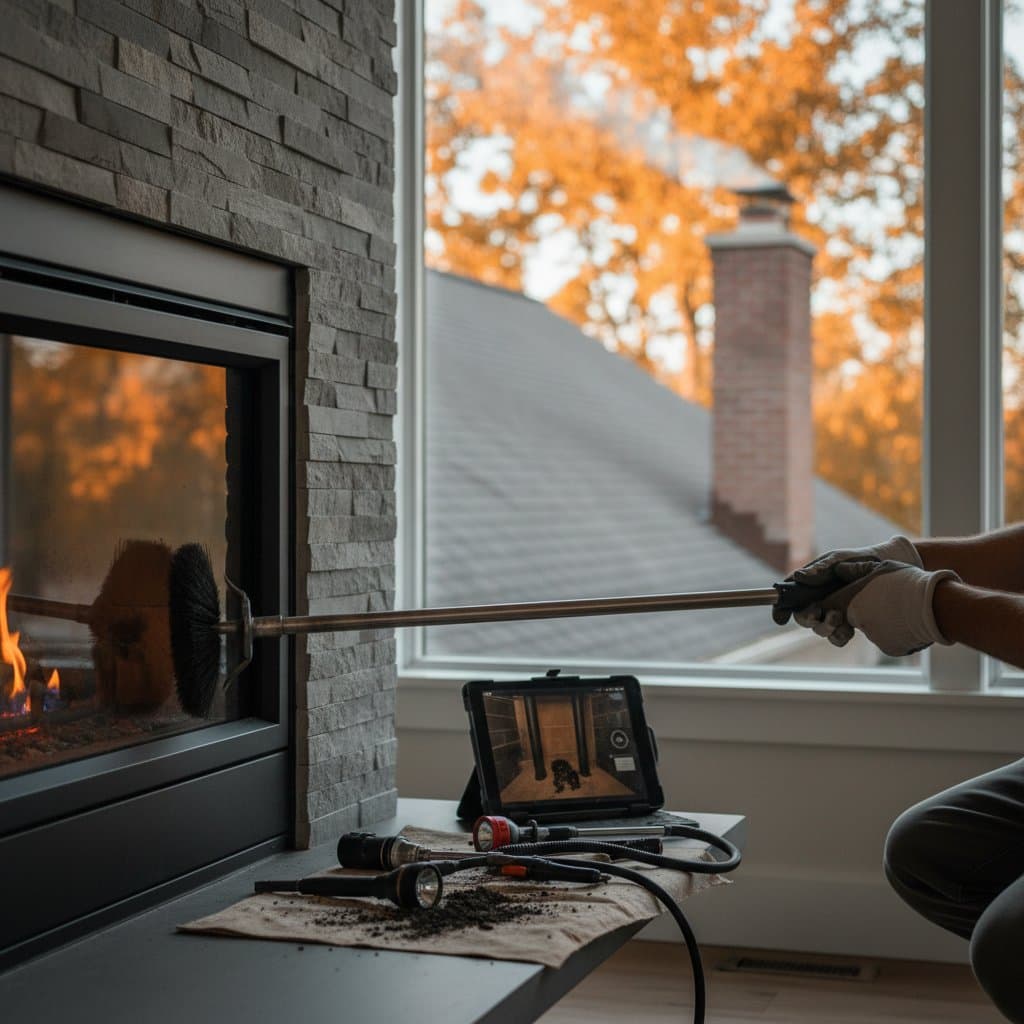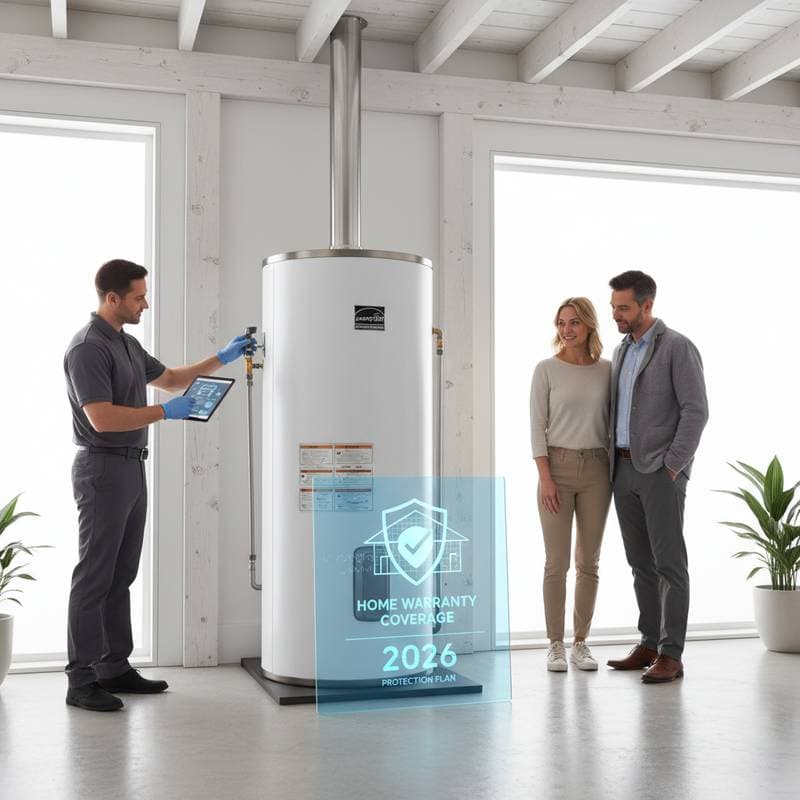Understanding Water Heater Leak Coverage
A leaking water heater often emerges as a sudden crisis, potentially causing water damage in basements, garages, or utility areas. Homeowners frequently presume that home warranties or insurance policies provide comprehensive protection, but detailed policy language reveals significant gaps. Grasping the true scope of coverage helps prevent financial burdens from repairs or replacements that can exceed $1,500.
This article outlines standard warranty provisions, identifies frequent exclusions, and provides strategies to enhance protection. Readers will learn when to engage professionals and how to prepare documentation for successful claims.
Standard Coverage Under Home Warranties
Home warranties address normal wear and tear on essential home systems, including plumbing and appliances. For water heaters, typical coverage encompasses repairs to critical components such as heating elements, burners, thermostats, and pressure relief valves. Internal tank leaks resulting from corrosion also qualify in most plans.
However, financial limits apply. Providers often restrict payouts to $500 to $1,500 per incident or annually, which may fall short for complete unit replacements. Homeowners report that plans from major providers require evidence of routine upkeep, like annual tank flushing or anode rod inspections, to validate claims.
To verify coverage, review your policy document for specific water heater clauses. Contact the provider directly to confirm inclusion of your unit model and age, ensuring alignment with plan terms.
Key Exclusions in Warranty Policies
Warranties include detailed exclusions that can invalidate claims. Age limits represent a common restriction; many policies exclude units older than eight to ten years. Claims arising from improper installation by unqualified technicians also face denial, as do issues linked to neglected maintenance, such as sediment accumulation from infrequent flushing.
Secondary damages, like water-soaked floors or walls from leaks, typically receive no coverage under appliance warranties, which focus solely on the unit. Pre-existing conditions or modifications, such as aftermarket alterations, further complicate approvals.
Examine your contract thoroughly before purchase or renewal. Request clarification on ambiguous terms and consider consulting an independent advisor to interpret complex language related to leaks and corrosion.
Steps to Bolster Your Warranty Protection
Proactive measures strengthen claim eligibility and reduce risks. Begin by registering your water heater with the manufacturer upon installation; this action often extends the standard one-year warranty to longer periods. Maintain a detailed log of all maintenance activities, including dates, service descriptions, and receipts for flushes, inspections, and part replacements.
Install preventive hardware like a drain pan beneath the unit to capture leaks and an automatic shutoff valve to halt water flow upon detection. These features not only minimize damage but also demonstrate diligence to insurers. Explore optional riders for comprehensive plumbing coverage, which extend protection to connected systems and leak-related issues.
Incorporate smart technology for early alerts. Leak detection sensors connect to mobile apps, notifying you of moisture immediately and allowing swift intervention to limit harm.
Practical Prevention and Maintenance Strategies
Regular upkeep extends water heater lifespan and averts leaks. Schedule annual flushing to remove sediment, which accelerates corrosion if left unchecked. Inspect the anode rod every six months; replace it if more than half eroded to protect the tank interior.
Monitor for early warning signs, including unusual noises, discolored water, or reduced hot water output. Address fittings and valves for rust or wear promptly. For households with high usage, evaluate tankless water heaters, which eliminate sediment risks and offer efficiency gains of 20 to 30 percent on energy bills.
Budget for replacement if your unit exceeds 12 years or displays corrosion. Research energy-efficient models with robust warranties, obtain multiple installation bids from licensed professionals, and factor in local rebates for upgrades.
Planning for Long-Term Reliability
Investing in water heater care yields lasting benefits, from lower utility costs to peace of mind. By documenting maintenance and selecting enhanced coverage, homeowners position themselves against common pitfalls. Schedule a professional inspection today to assess your system's condition and implement these safeguards before issues arise.





